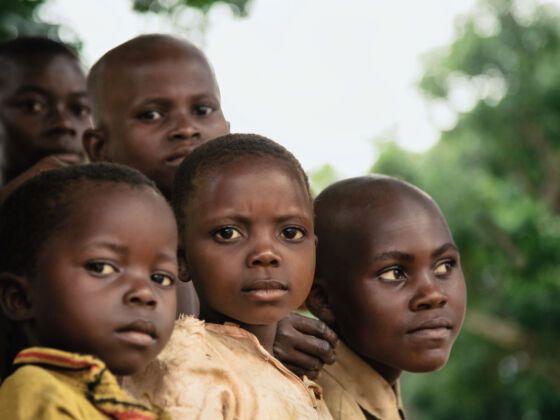This year, the World Bank decided to stop using the term “developing country,” claiming it was no longer a useful way of categorizing countries. Instead, countries in published data will now be grouped regionally (for example, “East Asia” or “Western Europe”). Many have argued that the term should have been scrapped a long time ago, for two main reasons:


The World Bank Stopped Using the Term "Developing Country." Here's Why You Should Too.
1. International organizations never agreed on what makes a country “developed” or not.
The International Monetary Fund admitted that their use of the term “is not based on strict criteria, economic or otherwise.” The United Nations has used the term to define 159 countries and yet still doesn’t have an official definition.
It can be damaging to classify countries without a standard. That allows outside organizations to create an image and reputation of a country that may not be accurate, and solely based on stereotypes and assumptions.
Unless international organizations come to a consensus, we shouldn’t be so arrogant to label a country’s state of development on our own.
2. The term assumes that Western-style development is the best for everyone.
In the West, we define development only economically: if a country has improved their GDP and increased their economic growth, we consider them “developed.”
But when thinking about “development,” we rarely take into account factors that aren’t economic. For example, the U.S. has the highest rate of prescription drug use in the world, the highest incarcerated population in the world, and the highest rate of mass shootings. These are not hallmarks of a psychologically healthy and emotionally “developed” country, and yet we don’t value this as much as economics when determining how much a country has succeeded. We also don’t look at our remarkable wealth gap, or our extremely high rates of consumption.
To call countries with less economic power “developing” assumes that these countries only want to develop in the same way as the West: gaining economic wealth regardless of what psychological, environmental, or cultural side effects that may cause. But not every country also wants to take on the negative consequences often associated with Western-style economic development. Zeeshan Aleem, a writer at Mic, argued that the term “developing country” is “a bit self-satisfied and obscures the complications of what we understand as modernity. There are features of life in much of the “developed” world that could be seen as a step backward for humanity, such as the erosion of social connectedness and leisure time…To make the point in more obvious terms, nuclear warfare and man-made global warming are unique outcomes of the forces we deem essential to being ‘developed.”
If a country does not consider trade-offs worth it, that shouldn’t necessarily mean they are any less “developed” than the rest.
So what should we use instead?
Recently Khanya Brann’s Facebook post on the subject went viral, arguing we should call these countries “Previously Colonized” countries: “This way, we’re not ignoring the fact that these countries aren’t just slow in their development, or just happen to be poor or low on resources. Let’s acknowledge the fact that White Europeans and Americans are the reason our nations are decades behind them. Because for every decade they are ahead of us, there was a decade our labor power, our resources, our land contributed to THEIR development.”
A piece in NPR suggested the term “Majority World,” a term created by writer and photograph Shahidul Alam. The term emphasizes the fact that economically “developing” areas actually constitute the majority of the world: according to data from the World Bank, 80% of people in the world live on $10 or less a day. The term reminds us that those with the most economic power and influence actually statistically represent the smaller segment of the world’s population.
Though there will never be a perfect term, it’s helpful to consider the implications of the language we use, and decide which terminology is the most appropriate. For more on this debate, you can check out an article that also discusses the terms “third world country” and “global south” in NPR.